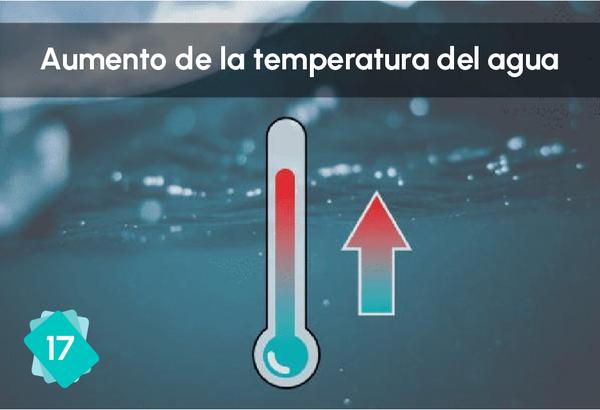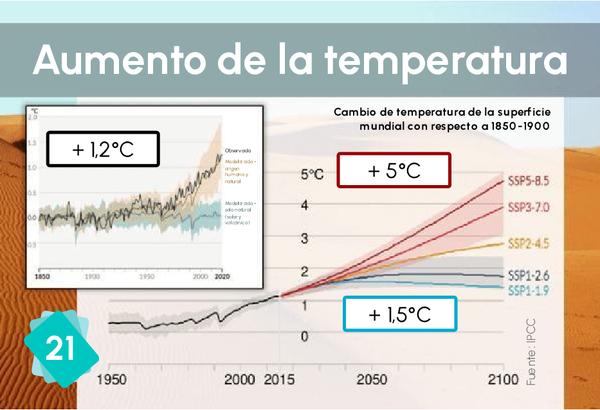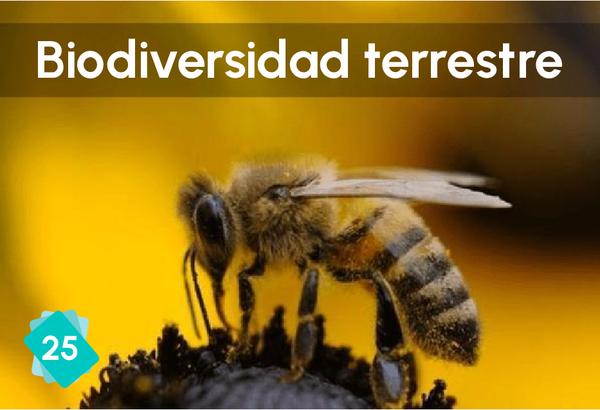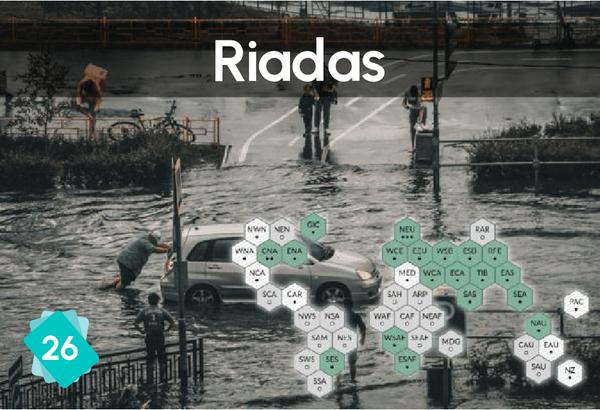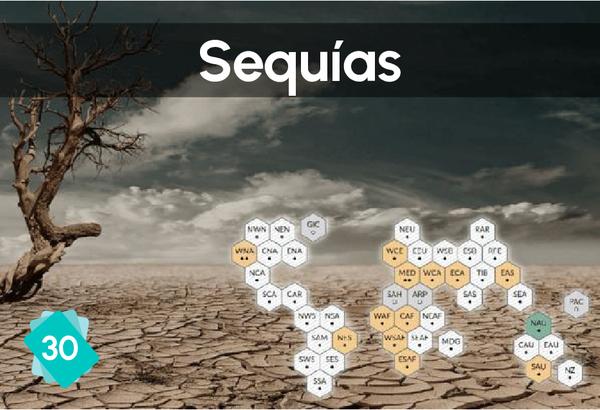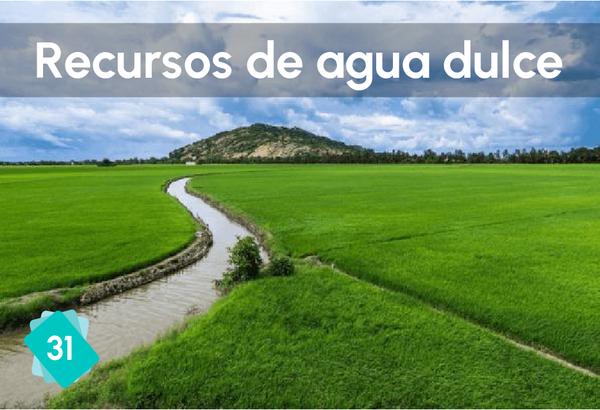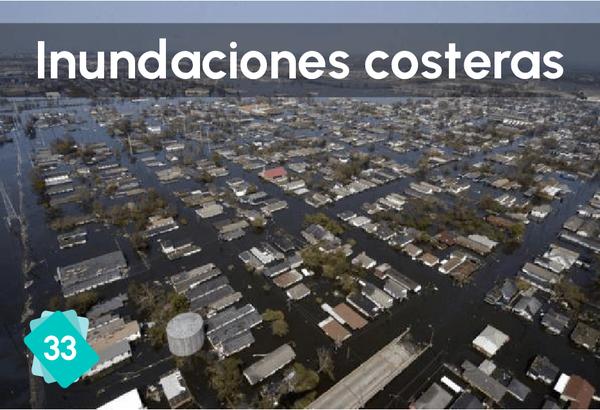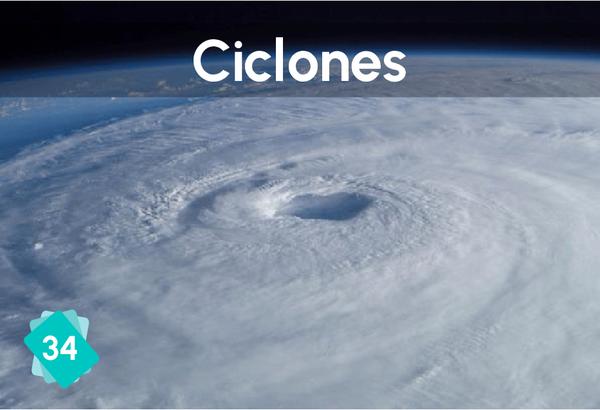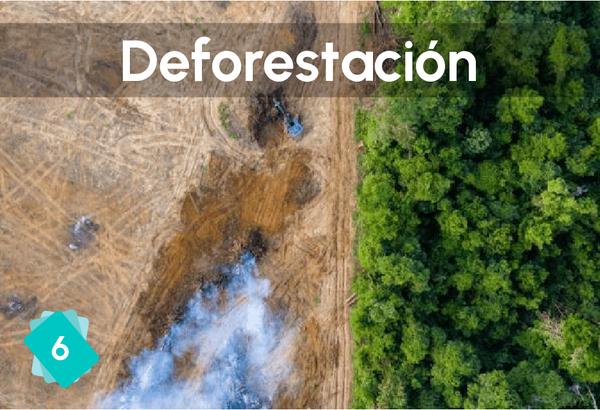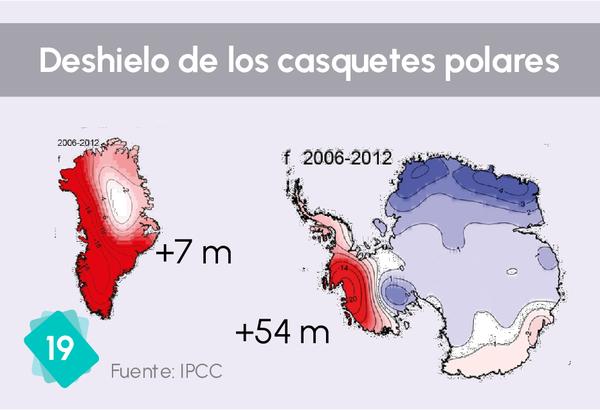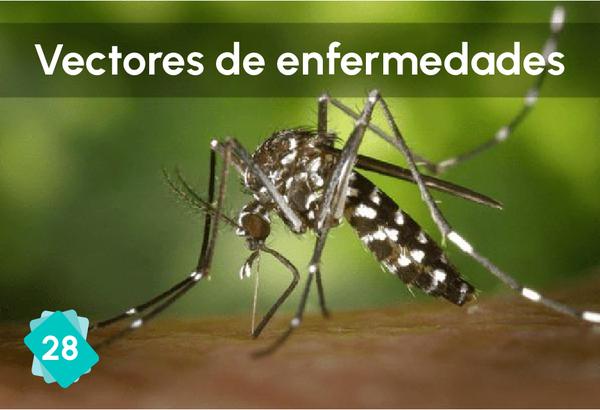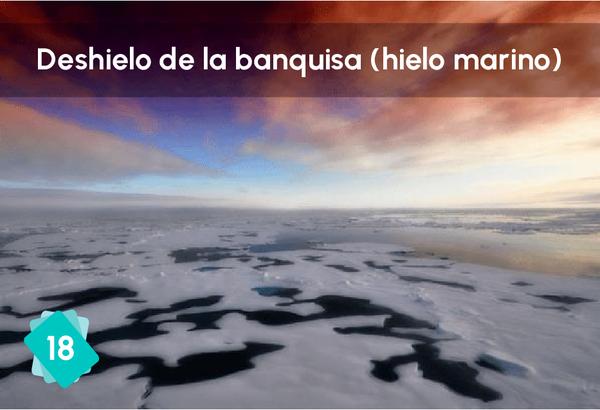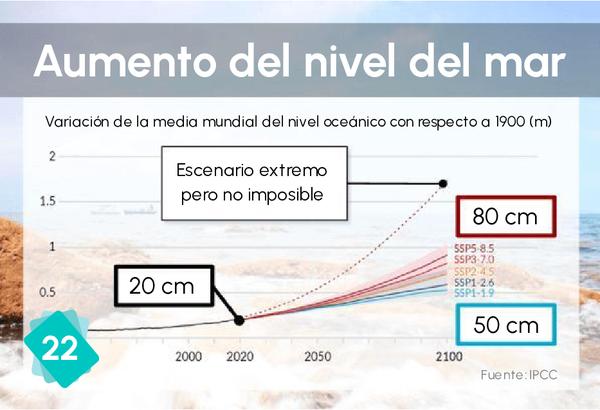20 - Perturbación del ciclo del agua
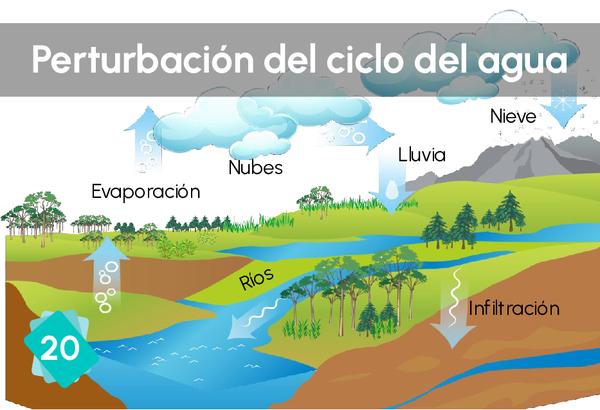
✏️ Esta explicación aún no está disponible en tu idioma, haz clic aquí para sugerir tu traducción o escribe un correo electrónico a fdc.memo@marc-antoinea.fr.
This card is important. It alone shows why we used to talk about global warming and now about climate change. Temperature increase is in itself a problem, but you can see on the Fresk at the end that disruption of the water cycle has much more effect.
2Causas
“El aumento de la temperatura en la Tierra aumenta la evaporación y altera el ciclo del agua. En el pasado hablábamos de calentamiento global y hoy hablamos de cambio climático (Climate Change), o incluso de cambio climático.
Este cambio de vocabulario se materializa en esta relación que, por lo tanto, tiene una importancia fundamental. No dudes en hacer un comentario sobre este punto a los equipos.
FUENTES: AR6 WG2 4.1.2 p576 (p564)"
6Consecuencias
1Otra causa posible
2Otras consecuencias posibles
It's a bit technical, but the blue part of the map of Antarctica on card 19 represents a gain in mass due to an increase of precipitations. The red part represents a loss in mass. In total, Antarctica is losing mass.
1Causa incorrecta
El deshielo del casquete polar ártico, pero también el deshielo de los glaciares de Groenlandia pueden llevar, en un futuro lejano, a perturbar la circulación termohalina (que da lugar a la Corriente del Golfo). Pero atención, el mapa "ciclo del agua" no hace en absoluto referencia a la Circulación termohalina.




